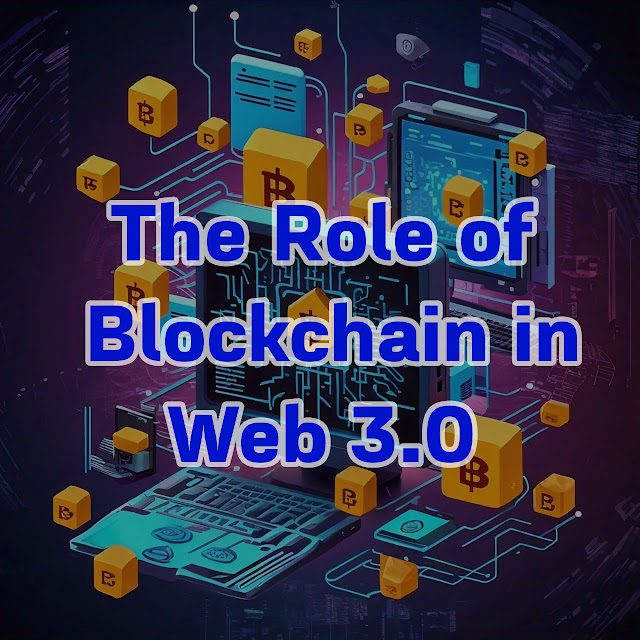As the virtual landscape evolves, Web 3.0 emerges as a transformative shift in how we interact with the net. Central to this evolution is blockchain generation, which underpins Web 3.Zero's decentralized ethos. Here’s a deep dive into how blockchain is shaping Web three.0 and what it manner for the future of the net.
1. Decentralization and Ownership
Blockchain generation is the spine of decentralization in Web three.0. Unlike Web 2.Zero, where statistics and programs are controlled via centralized entities, Web 3.0 leverages blockchain to distribute control among its users. This shift approach individuals can own their information and virtual assets with out counting on a government. Decentralized apps (dApps) and services run on blockchain networks, giving customers greater control and transparency.
Read more about the future of decentralized finance here.
2. Enhanced Security and Privacy
Blockchain's immutable ledger ensures that when facts is recorded, it can't be altered or deleted. This immutability affords a better level of security and privateness as compared to standard structures. In Web 3.0, this translates into safer transactions and safety against facts breaches, as customers have greater manage over their personal records.
3. Smart Contracts and Automation
Smart contracts are self-executing contracts with the phrases of the settlement without delay written into code. They automatically execute and put in force the phrases of a agreement when predefined conditions are met. In Web three.0, clever contracts facilitate complex transactions and interactions with out intermediaries, enabling extra green and trustless processes.
Blockchain is paving the way for new economic models in Web 3.0. Concepts like decentralized finance (DeFi) and non-fungible tokens (NFTs) are disrupting traditional financial systems and markets. These innovations create new avenues for earning, investing, and exchanging value.
10. Enhanced User Experience
By leveraging blockchain's capabilities, Web 3.0 aims to deliver a more personalized and user-centric experience. Blockchain’s transparency, security, and decentralization contribute to a more trustworthy and engaging online environment, enhancing overall user satisfaction.
Conclusion
Blockchain is at the heart of Web 3.0's evolution, driving decentralization, security, and new economic models. As Web 3.0 continues to develop, blockchain will play a crucial role in shaping a more open, equitable, and innovative digital future. By understanding and leveraging blockchain technology, businesses and individuals can stay ahead in this transformative era.
For more insights into the evolving landscape of blockchain and its impact, check out related articles:

